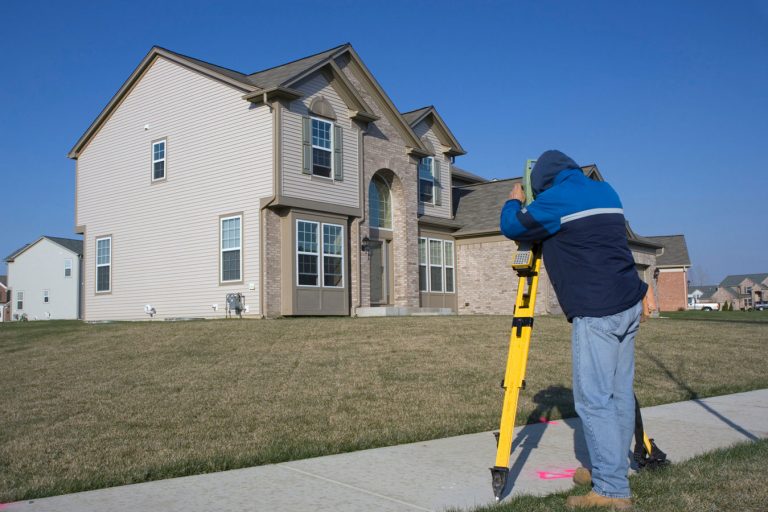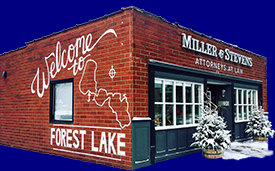Upon the death of someone, their assets generally fall into two categories: Probate and Non-Probate. Non-Probate assets include any assets that already have a designation as to who or what will own the asset upon the person’s death. This includes any of the following:
- Bank accounts with a joint account owner.
- Bank accounts with a beneficiary designation that was made through the financial institution.
- Retirement or investment accounts with a beneficiary designation that was made through the financial institution.
- Real Estate that had a Transfer on Death Deed recorded with the recorder’s office prior to death.
- Real Estate where the individual owned it as joint tenants with one or more other persons or entities.
- Vehicles with a beneficiary designation on file with the DMV.
- Any property – real or personal – that had been successfully transferred into a trust before the person’s death.
Probate assets include all assets that do not have any of the above designations or were not transferred before death. Probate assets also include any assets whose beneficiary designations failed either because of a divorce or because the designated beneficiary predeceased the individual.
One common misconception is that any assets identified in a will are also non-probate assets. In fact, listing an asset in your will does not automatically make it a non-probate asset. It will still need one of the above designations or transfers to have occurred to be considered a non-probate asset. Otherwise, it will be a probate asset and it may need to go through a court probate proceeding before it can be transferred to the intended beneficiary as designated in the will.
In general, non-probate assets can be successfully transferred without a court proceeding and generally only require proof of identification along with a certified copy of the death certificate. Completing the transfer of real estate will also require filing an Affidavit of Survivorship with the recorder’s office in the county where the real estate is located.
To better understand how to properly transfer the assets of a deceased loved one, contact Miller & Stevens for a consultation at (651) 462-0206.






